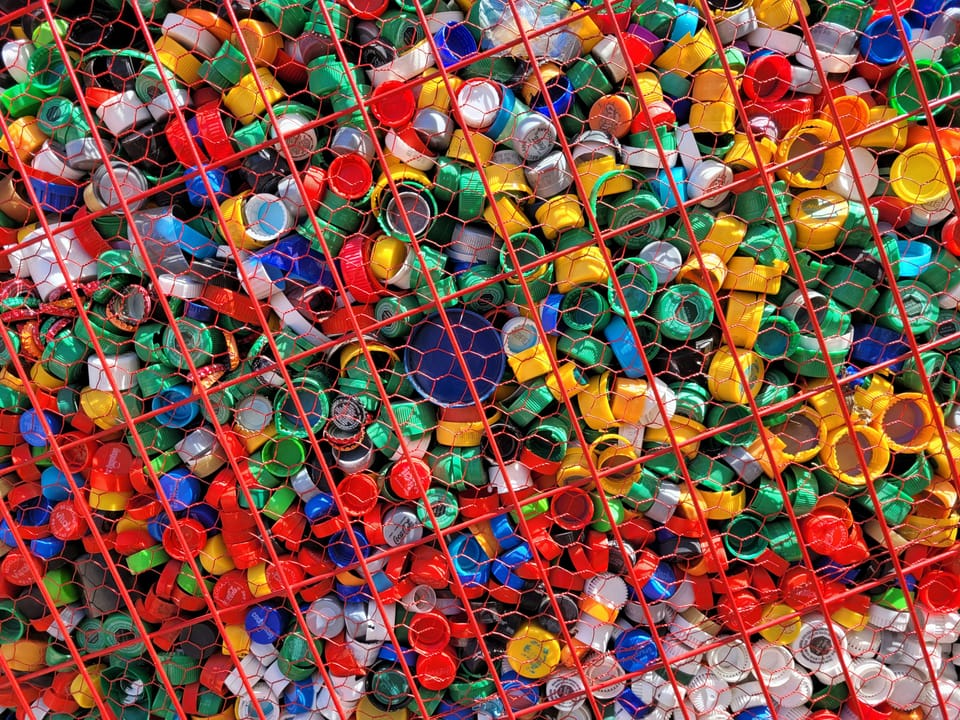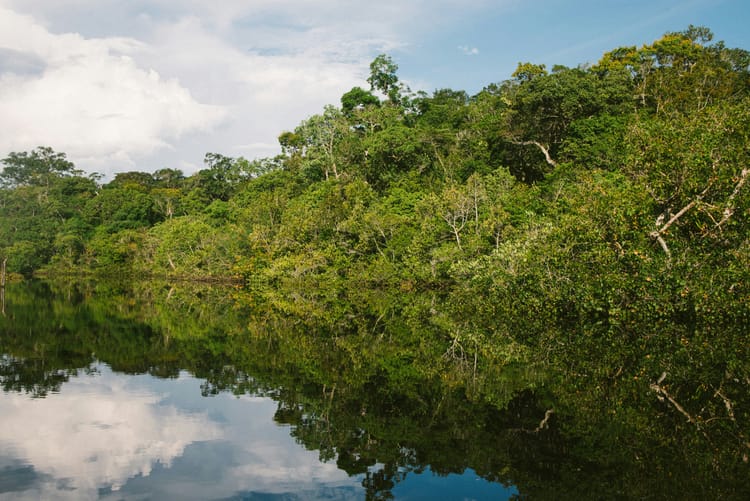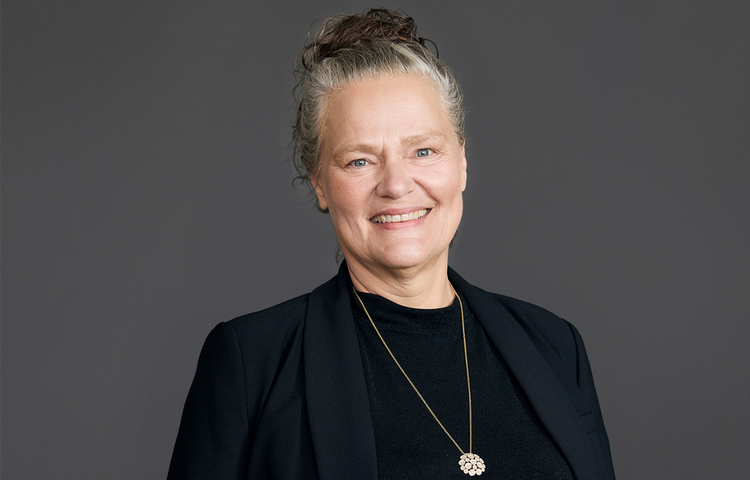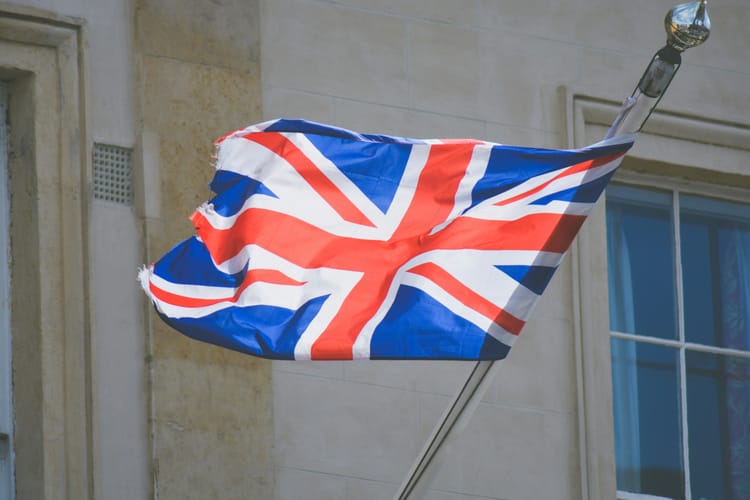Calls for strong Global Plastics Treaty grow ahead of final negotiations
"We can’t allow the corporations who profit from plastic pollution to write the rules."

World countries will meet in Geneva next week to finalise negotiations on a Global Plastics Treaty meant to tackle plastic pollution – but with many petrochemical lobbyists scheduled to attend, civil society groups are asking governments to maintain their resolve.
The last round of so-called INC-5 negotiations, held in South Korea last December, ended in deadlock as oil countries and fossil fuel lobbyists blocked progress around plastic production caps and financial mechanisms to tackle the crisis.







